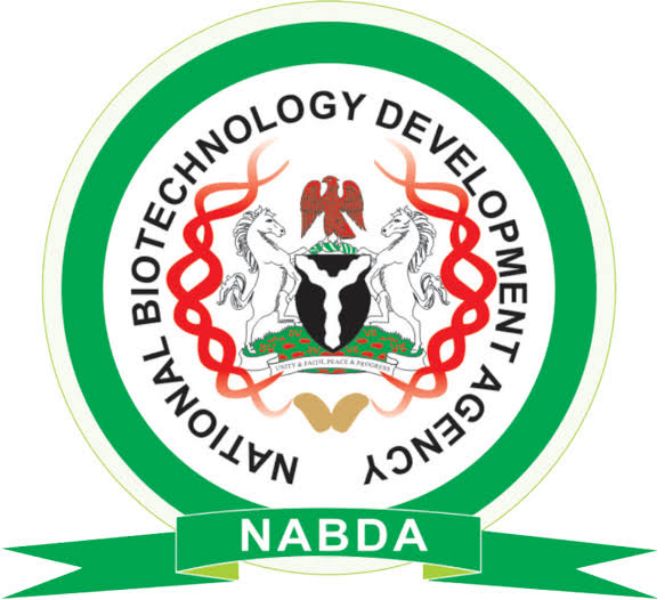The Director General of National Biotechnology Development Agency (NABDA), Prof. Abdullahi Mustapha says genetically modified maize, known as TELA maize, will be commercially released by National Variety Release Committee in 2024.
Mustapha disclosed this at a media parley on Thursday in Abuja.
He said TELA maize was a huge project that would boost food productivity in alignment with President Bola Tinubu’s declaration of state of emergency on food security.
The director-general said that great research progress had been recorded towards the commercialisation of the TELA maize project.
He said Nigeria was facing immense food security challenges as the population was already gearing to over 400 million by 2030.
“Our farmers need all scientific and technological tools available to increase crop yields, resilience and nutrition on existing farmlands.
“Biotechnology has already shown its potential with benefits demonstrated across 30 countries and for farmers big and small.
“From pest resistant crop varieties to biofortified staples packed with crucial vitamins and minerals, agricultural biotechnology offers solutions for greater productivity and food access.”
He said testimonies existed from farmers across the country that were benefitting from products of modern agricultural biotechnology.
He cited the Pod Borer Resistant (PBR) cowpea which was helping farmers to overcome the devastating insect pest, Maruca Vitrata that caused 80 percent destruction on farmers field.
“Today, farmers are applying only two insecticide sprays as against eight to 10 sprays previously, as a result of planting the PBR cowpea.
“The farmers are also planting Bt Cotton, another innovative product from modern biotechnology that is changing the game in cotton farming and the hope of textile industry revival,” he said.
The NABDA director general revealed that the achievements were made possible through the over 14- year partnership with the African Agricultural Technology Foundation(AATF), Agricultural Research Council and Bayer Agriculture Nigeria Plc.
According to him, the Open Forum on Agricultural Biotechnology (OFAB), a creation of the AATF, is fast-tracking President Tinubu’s food security agenda.
He said the effective agricultural biotechnology advocacy campaign championed by OFAB Nigeria had significant and positive impacts on the nation in various ways.
Mustapha listed the impacts as increased farmer awareness and adoption of biotech crops and promotion of productive policy reforms.
He also listed strengthened public research and development pipelines among others.
Mustapha reiterated that NABDA was committed to harnessing biotechnology for sustainable national development, which was yielding positive results.
He expressed optimism that with recent launch of the NABDA Journal of Biotechnology Research (NJBR), the agency was set to advance the frontiers of scientific research in biotechnology.
He also hinted that the agency was set to collaborate with the AATF on research and development activities to reduce post-harvest crop losses.
The director-general enumerated various achievements and projects carried out by the agency as well as future plans.
Dr Rose Gidado, Director, Agricultural Biotechnology Department, NADBA, in her vote of thanks, urged journalists to stay the course until Nigeria got to the promised land.


